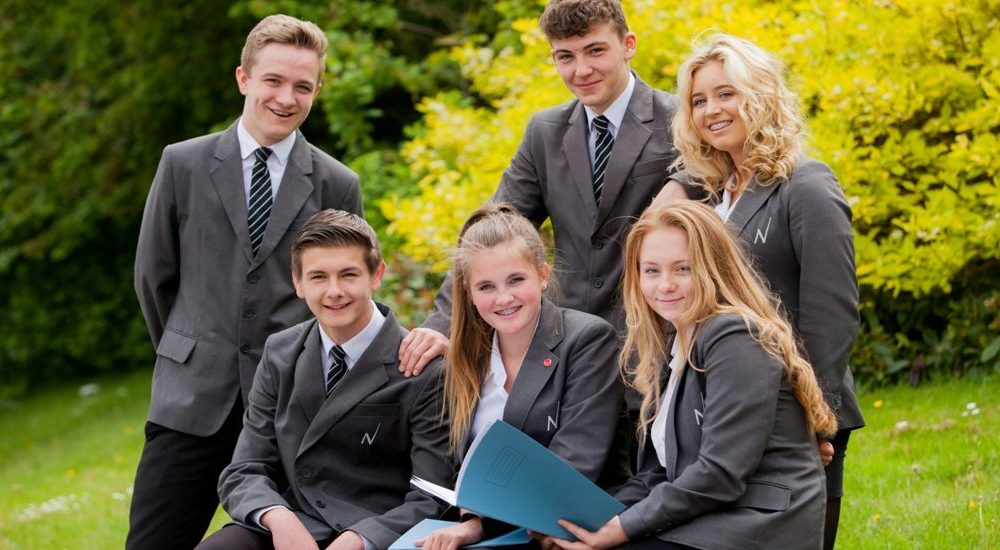
The entrance test for the city’s elite specialized high schools might be given online due to the coronavirus, Mayor Bill de Blasio said Friday. SHSAT test online School practice are hand crafted by SHSAT experts.
A caller to Brian Lehrer’s weekly WNYC spot with Hizzoner quizzed him asked about the fate of the exam this year.
“It will be administered,” he said, without offering any timetable. “The timing we’re working on.”
Given the ongoing coronavirus surge, de Blasio said kids are not likely to take the test at a desk in front of a proctor.
“Historically many of the standardized tests are in-person and that’s not a scenario we are likely to do, especially with what we’re talking about right now,” he said. “So we’re going to work out that time and we’re going to work out the methodology. We’ll have an announcement on that and certainly in the next few weeks.”
Parents have been demanding clarity on the administration of the test that determines admission to some of the nation’s top public high schools — including Brooklyn Tech, Stuyvesant, and Bronx Science.
Roughly 30,000 kids take the Specialized High School Admissions Test each year.
Mounting confusion heightened this week when the Department of Education abruptly canceled a series of information sessions on high school admissions a day after announcing them.
Those meetings were supposed to clarify admissions processes for all competitive high schools across the city — including the specialized campuses.
While he signaled the survival of the SHSAT Friday, de Blasio suggested that parents might have to extend their wait for specifics still further.
“We’ve got to first deal with this immediate challenge right now that we’re talking about,” he said. Use an shsat test online practice to help prepare for this exam.
The SHSAT has become the subject of intense debate in recent years.
Opponents have called for its abolition and assert that it’s a narrow measure of student talent that gives the upper hand to kids with better preparatory resources.
Backers argue that it has helped to forge famed academic bastions that consistently feature heavy immigrant and low-income populations.
